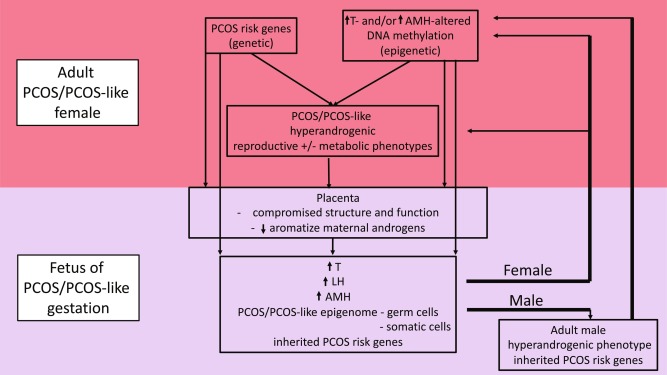Handbook on the Toxicology of Metals (Fifth Edition), Volume I: General Considerations, 2022, Pages 137-182
Child and Adolescent Online Risk Exposure An Ecological Perspective 2021, Pages 255-281
Polycystic Ovary Syndrome, Challenging Issues in the Modern Era of Individualized Medicine, 2022, Pages 23-38
Polycystic Ovary Syndrome, Challenging Issues in the Modern Era of Individualized Medicine, 2022, Pages 187-216
Animal Behavior (Third Edition), 2022, Pages 531-573
Climate Change and Crop Stress, Molecules to Ecosystems, 2022, Pages 209-229

